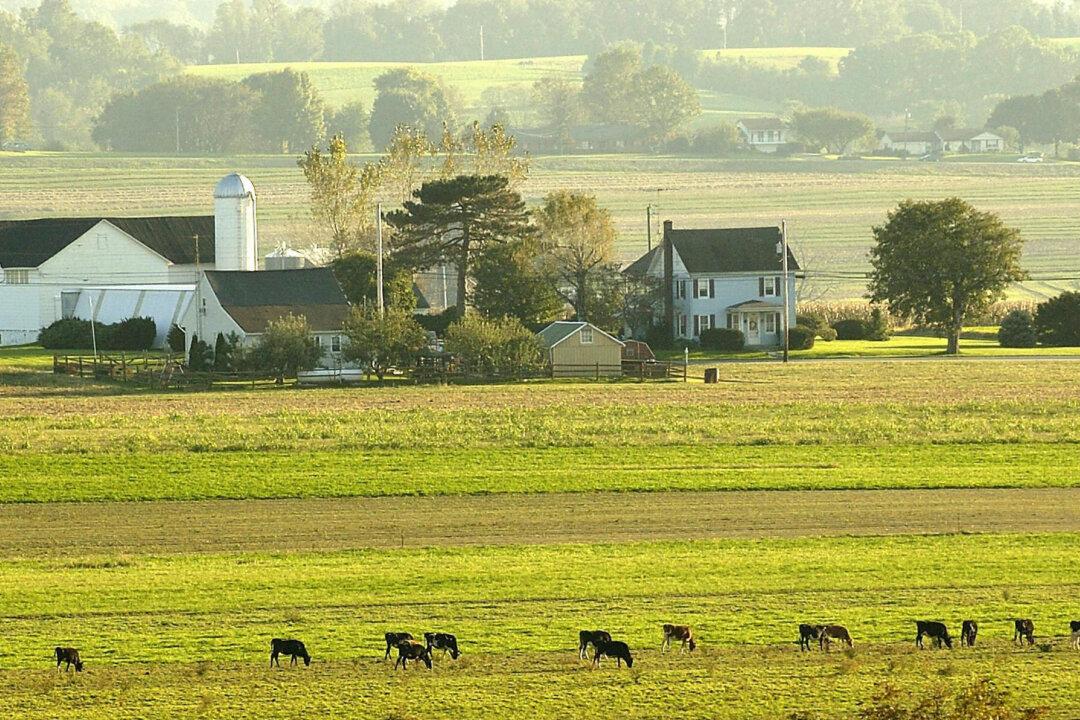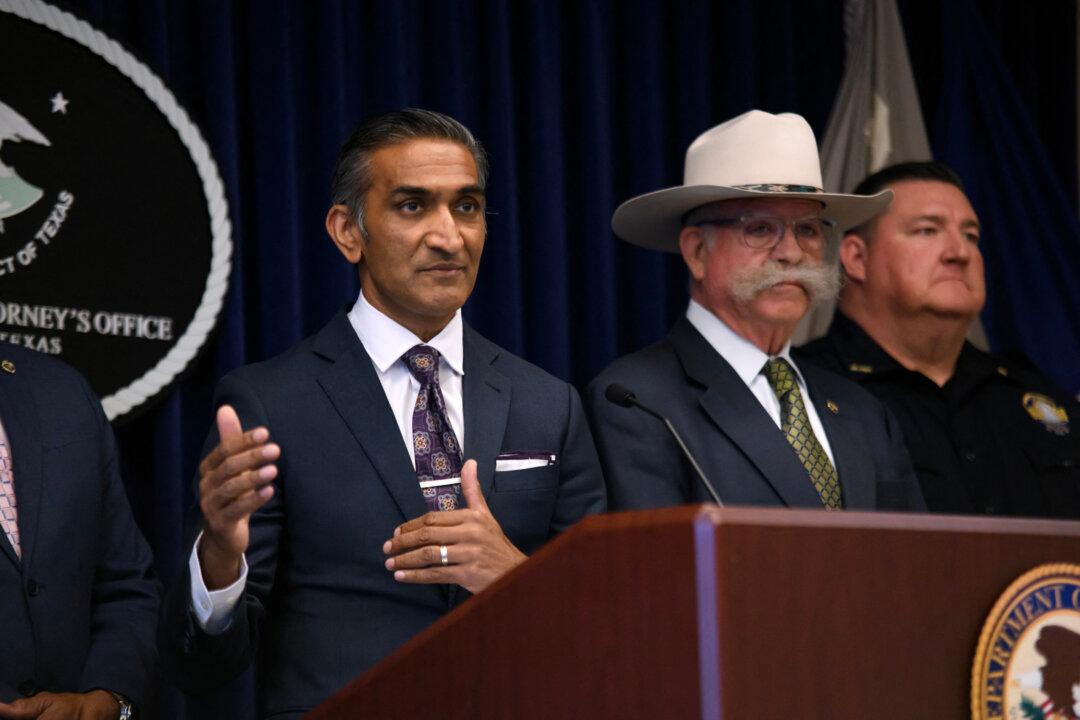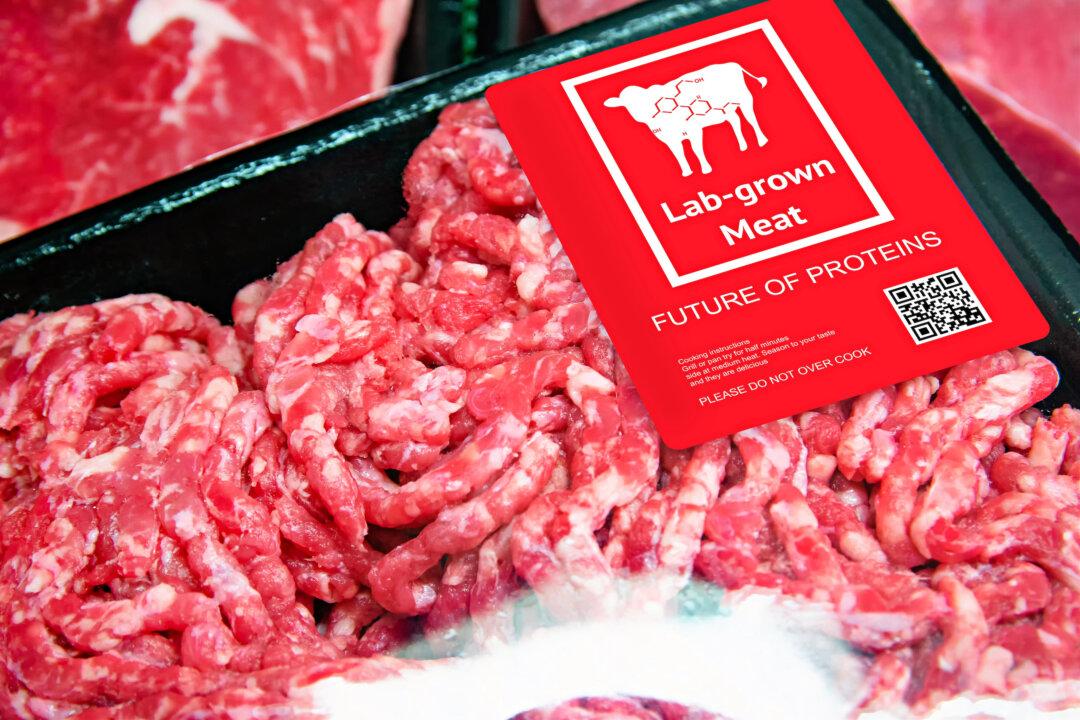An Amish farmer in Lancaster, Pennsylvania, embroiled in a lawsuit by the state’s Department of Agriculture, claims the agency concealed results and falsified evidence in an attempt to run him out of business.
Attorney Robert E. Barnes, who represents Amos Miller, owner of Miller’s Organic Farms, wrote in a court filing released during a Thursday hearing that the agriculture department “materially misled the court with perjured affidavits based on events that occurred many years before.”





